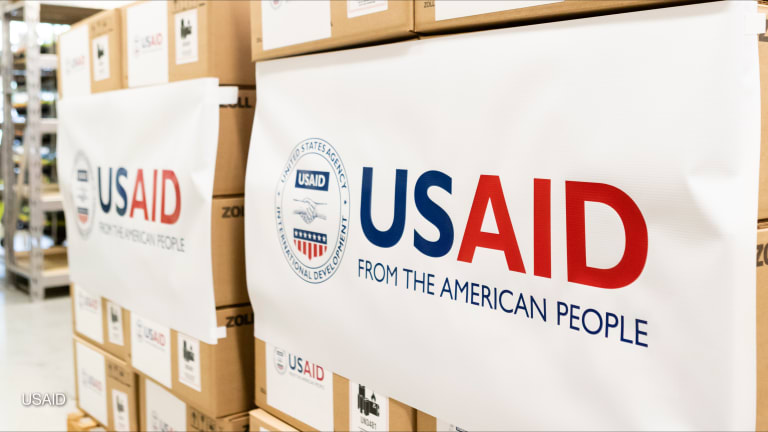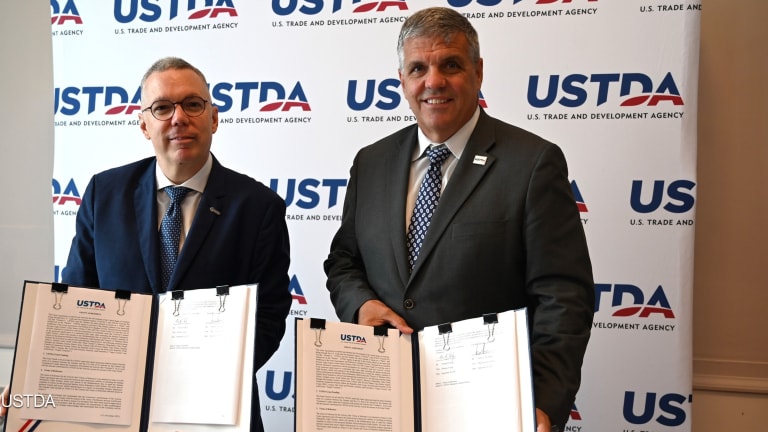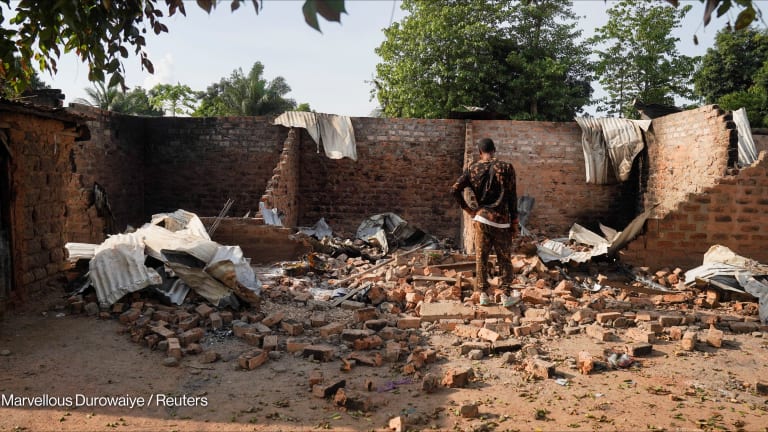How the collapse of USAID could unleash ‘an ISIS army in waiting’
By Elissa Miolene // 07 February 2025
In the northeast corner of Syria, the Al Hol refugee camp is three days away from crisis.
For years, tens of thousands have been stuck in the camp. Al Hol is a sea of tents amid the desert — one that houses the wives, children, and families of Islamic State fighters, along with thousands displaced by Syria’s decade-long war.
For years, organizations funded by USAID and the U.S. Department of State have been responsible for maintaining camps such as Al Hol — providing food, fuel, and essentials for the 40,000 detained there. And for years, experts have warned that if those organizations walk away, the camps will become a recruiting ground for terrorist organizations.
Printing articles to share with others is a breach of our terms and conditions and copyright policy. Please use the sharing options on the left side of the article. Devex Pro members may share up to 10 articles per month using the Pro share tool ( ).
Search for articles
Most Read
- 1
- 2
- 3
- 4
- 5








